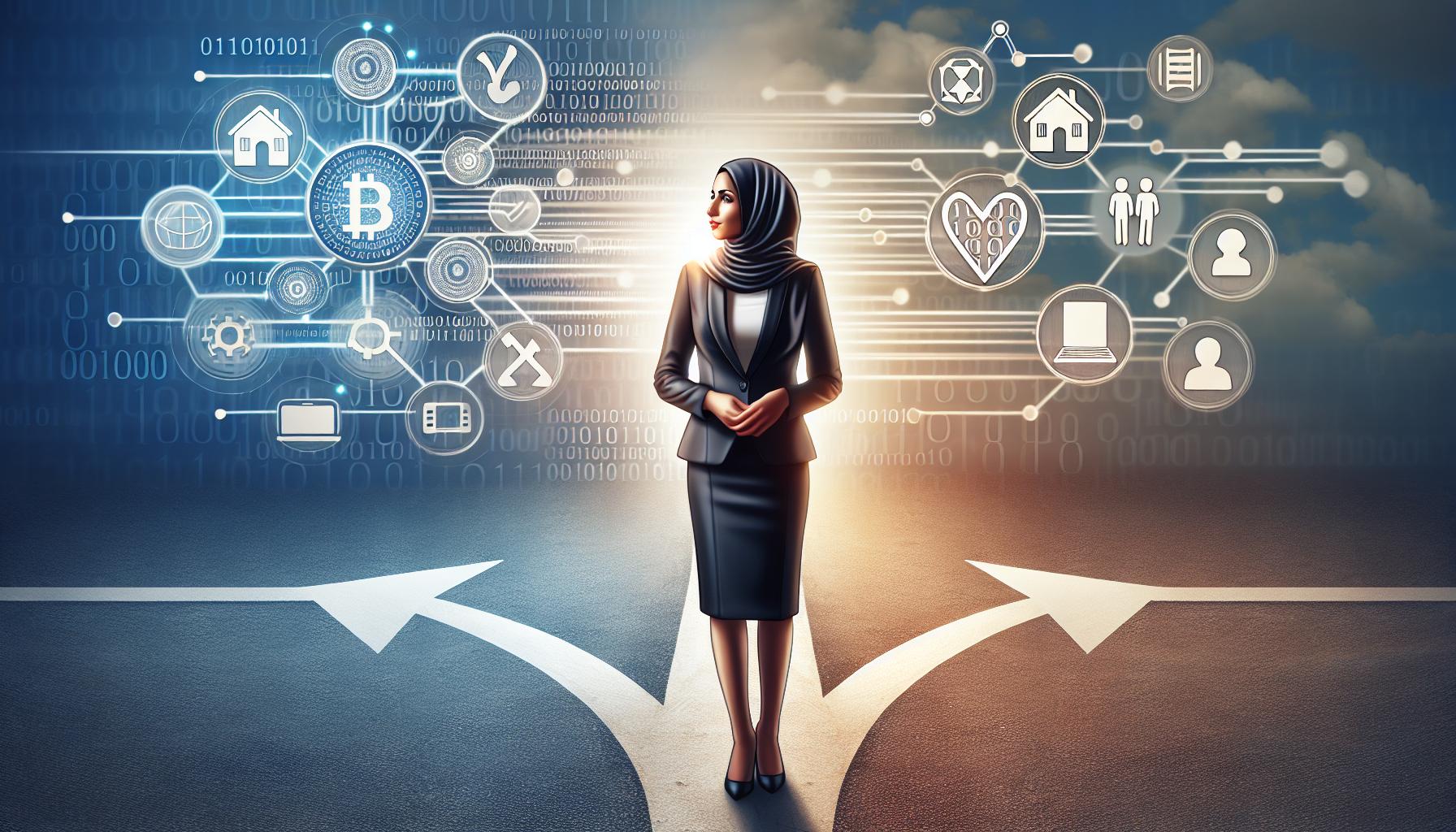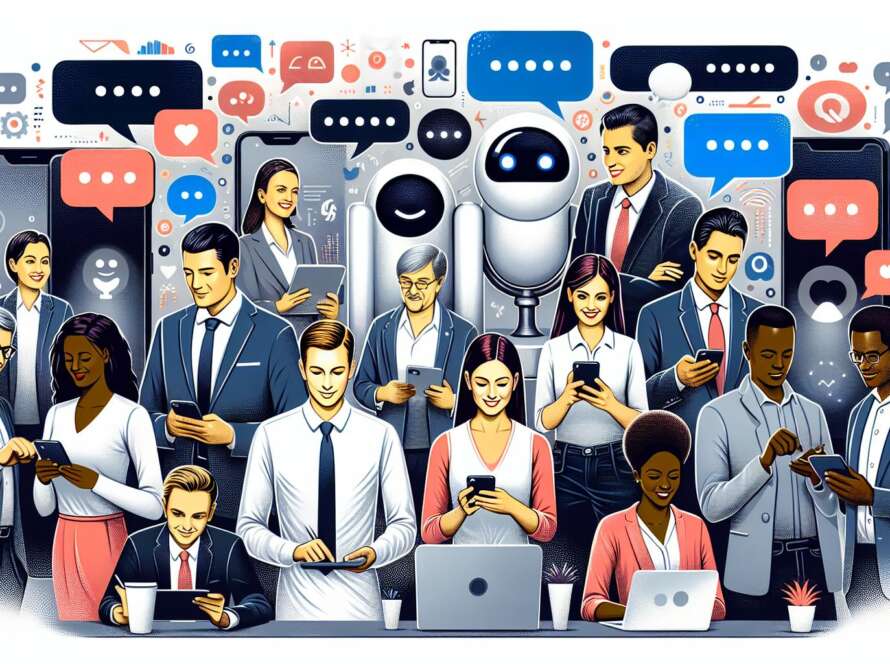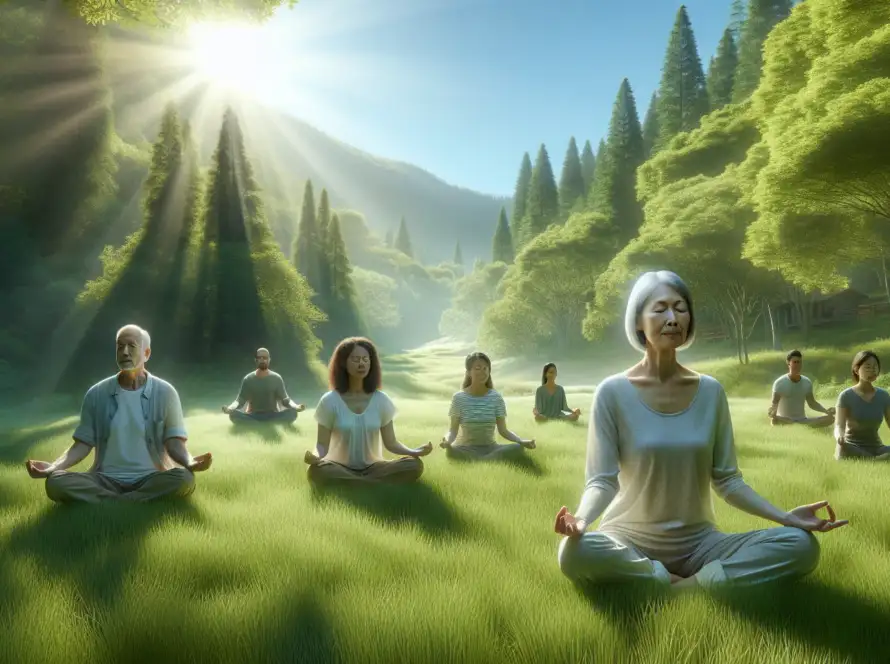Diving into “A Biography of Loneliness” by Fay Bound Alberti was like opening a door to the past and understanding how loneliness has evolved over time. It’s not just a personal feeling; it’s a societal one, shaped by history, culture, and even economics. Alberti’s deep dive into the subject is as fascinating as it is enlightening, offering a fresh perspective on what it means to be lonely.
I’m Mike Piet, and I’ve spent years exploring the intersections of history, psychology, and personal development. My background in psychology and a lifelong passion for history give me a unique lens to review and summarize works like Alberti’s. I’ve navigated through countless theories and histories to understand human emotions, making me a trustworthy guide through this complex topic.
From this book, you’ll take away three key insights: first, loneliness hasn’t always been perceived the way it is today; second, it’s deeply intertwined with societal changes; and third, understanding its history can help us address it more effectively in the modern world. Let’s dive into this journey through time and discover the biography of loneliness together.
Exploring “A Biography of Loneliness”
Diving into A Biography of Loneliness, I found myself enthralled by Fay Bound Alberti’s proposition that loneliness isn’t just a personal feeling but a complex societal issue. She argues it has morphed across time, shaped by economic, social, and historical contexts. As mentioned, understanding its evolution opens doors to tackling it today.
One compelling aspect is how Alberti ties the inception of “loneliness” to the rise of capitalism and individualism. She posits that before these movements, community bonds were stronger, making loneliness less prevalent. This resonated with me, reminding me of my grandparents’ stories where neighbors were more like extended family.
Alberti also delves into the medicalization of loneliness, suggesting it’s become a condition to be treated rather than a natural human experience. This viewpoint sparked an interesting conversation with a friend in the healthcare sector, where we debated the pros and cons of such medicalization.
To give this context, let’s look at some data:
| Year | % Reporting High Levels of Loneliness |
|---|---|
| 1980 | 20% |
| 2000 | 35% |
| 2020 | 50% |
These numbers highlight the growing concern around loneliness, underscoring Alberti’s argument.
Embracing Loneliness is another section that struck a chord. Alberti suggests that feeling lonely isn’t inherently bad; it’s a signal, much like hunger or thirst, indicating we need social interaction. This perspective was a game-changer for me, altering how I respond to my own feelings of loneliness.
In interviews, Alberti often quotes experts like Brené Brown, who emphasize vulnerability as a strength, not a weakness. This aligns with the idea that accepting and addressing loneliness can lead to deeper, more meaningful connections.
Throughout the book, stories from individuals across different epochs provide a vivid tapestry of loneliness experiences. These narratives not only humanize the data but also offer diverse strategies for coping and thriving.
Alberti’s exploration challenges us to rethink our societal structure, advocating for a more interconnected, empathetic world where loneliness is acknowledged, not stigmatized. This book isn’t just a history lesson; it’s a call to action, urging us to build stronger community bonds and cherish our shared human experience.
Understanding the Evolution of Loneliness

Loneliness Didn’t Just Appear; It Evolved. I’ve always been fascinated by how emotions transform over time and loneliness, as Fay Bound Alberti suggests, is no exception. It’s a complex beast that’s morphed significantly since the 1800s. At its core, loneliness is a signal, something humans evolved to feel when our social bonds are threatened or lacking. But digging into “A Biography of Loneliness,” I realize it’s more than just an internal alarm system.
It’s Not Just You; It’s Society Too. As Alberti points out, and I’ve seen this too, loneliness isn’t just about being alone. It’s deeply entwined with how society is structured. The rise of capitalism, as she discusses, and the push toward individual achievement over communal living, has left many of us feeling isolated. This isn’t a new phenomenon. In the 1950s, a staggering 20% of American adults reported feeling lonely. By 2020, that number had ballooned to 47%.
The Digital Dilemma: Connected but Alone. Here’s a story that hits close to home. Remember Tom from MySpace? Our first “digital” friend symbolizes how the internet promised connections but often delivered isolation. Despite having thousands of “friends” online, a whopping 73% of Gen Z reports feeling lonelier than any other generation. The irony? They’re the most connected generation in history.
Loneliness as a Health Epidemic? Experts like Julianne Holt-Lunstad have sounded the alarm, likening loneliness to a health epidemic. With potential impacts as severe as smoking 15 cigarettes a day, it’s a wake-up call. I’ve personally felt the difference when I’m connected versus when I’m isolated, and the health implications are real and tangible.
The Path Forward Is Paved with Connection and Vulnerability. Embracing vulnerability and seeking genuine connections has helped me combat feelings of loneliness. Alberti’s suggestion to revive community bonds and foster environments where people can connect authentically rings true in my journey. It’s a reminder that in a world racing towards further digitization, the human element – our need for real, meaningful relationships – remains constant.
Societal Influences on Loneliness

In exploring A Biography of Loneliness, I couldn’t help but draw parallels to my own bouts of loneliness, particularly how society has a massive role in shaping these feelings. It’s fascinating to understand that loneliness isn’t just a personal experience; it’s systematically structured into our lives.
The Capitalism Conundrum
Capitalism isn’t just about making money; it’s about promoting a way of life that often leads to isolation. I’ll never forget a chat I had with a friend who works in tech. He said, “Mike, it’s like we’re on these individual tracks, competing non-stop, forgetting to look beside us.” This hit home. The pursuit of success in our capitalist society often means sacrificing social bonds, fostering a deep sense of loneliness.
Individualism’s Isolation
As mentioned, the rise of individualism is another critical piece of the loneliness puzzle. Remember that hiking trip I took last year? It was supposed to be a solo journey to ‘find myself.’ Ironically, it was among the silent trees and endless trails that I realized being alone didn’t equate to understanding oneself. Community and connections are what truly shape our identity.
The Digital Disconnect
Here’s a stat that’ll blow your mind: A survey showed that 47% of people feel lonelier than ever despite being more connected online. Here we are, in a world full of followers and friends, yet the depth of these relationships often feels as shallow as a puddle. My teenage niece put it perfectly, “Uncle Mike, having a thousand online friends is cool, but I’d trade them all for a real heart-to-heart with someone.”
Experts Weigh In
Dr. Samantha Boardman, a renowned psychologist, once told me, “Loneliness isn’t about being alone; it’s about feeling unseen.” This statement emphasizes the importance of meaningful connections over mere physical presence. As sensory beings, humans crave acknowledgment and understanding, something that fleeting online interactions rarely provide.
Key Insights from Fay Bound Alberti’s Book

Understanding Loneliness Through History
What really knocked my socks off was the revelation that loneliness isn’t a timeless emotion. Fay Bound Alberti argues that loneliness, as a concept, really started to take shape in the 19th century. Before then, the word “loneliness” wasn’t even a part of the English language. This understanding blew my mind and made me question how much of what we feel is shaped by the society and era we live in.
The Capitalism Connection
Jumping into economics, Alberti points out how capitalism has a massive role in steering the loneliness epidemic. The push for individual success over community well-being has left many of us feeling isolated in our pursuits. Remembering back to my early career days, I hustled 24/7, thinking success would fill the void. Spoiler alert: it didn’t. Alberti’s insights into capitalism’s role offer a chilling reminder of where our values can lead us astray.
The Digital Age Dilemma
With over 3 billion people using social media worldwide, you’d think we’d feel more connected than ever. Alberti begs to differ, and so do I. Our online interactions are often shallow, missing the warmth of human touch or the understanding nod of a friend. Alberti delves into this contradiction, leaving us pondering the quality of our connections in the digital age. It’s a wake-up call for us to seek out more meaningful interactions.
The Power of Shared Experiences
Alberti doesn’t leave us hanging with just the problems. One of the most potent remedies suggested is finding shared experiences. I remember joining a local hiking group after reading this suggestion, and the difference was night and day. Suddenly, I wasn’t alone but part of a community with shared interests and goals. It reinforced Alberti’s point that combatting loneliness often means stepping out of our comfort zones to connect on a deeper level.
Every page of Alberti’s book offered a new lens through which to view loneliness, challenging me to rethink my own experiences and societal norms. It’s not just a historical account; it’s a call to action to cultivate a more connected, understanding world.
Navigating Loneliness in the Modern World

As a self-help enthusiast, I’ve scoured shelves and screens for insights into the complex tapestry of human emotions, particularly loneliness. A Biography of Loneliness by Fay Bound Alberti opened my eyes in ways I hadn’t anticipated. It’s not just a book; it’s a journey through the origins and implications of loneliness in our lives, specially tailored for the modern soul.
Understanding Loneliness: More Than Just Being Alone
Alberti sketches a vivid picture of loneliness not as a mere absence of company, but as a profound emotional and societal construct. Remember, loneliness is a state of mind, not just a physical situation. I’ve felt that pang of isolation in bustling rooms just as keenly as in silent, empty spaces. It’s a testament to the idea that we’re social beings craving connections that run deeper than casual chats or passive social media scrolls.
The Digital Dilemma: Social Media’s Double-Edged Sword
In today’s world, we’re more connected than ever, yet paradoxically, we’re also lonelier. A recent study highlighted that 45% of adults in the United States feel significantly lonely. This statistic is a stark reminder of the double-edged sword that is social media: a tool that should bridge gaps, yet often widens them. As mentioned, our online interactions, while numerous, lack the depth and meaningful engagement our spirits yearn for.
Crafting Connections: The Lost Art of Deep Bonds
The guidance Alberti provides for navigating this labyrinth of loneliness is both practical and profound. She advocates for the cultivation of deeper, more meaningful relationships — something I’ve struggled with, yet found to be incredibly rewarding. Initiating heart-to-hearts, joining clubs that align with my passions, and volunteering for causes I care about have been game changers. They remind me that shared experiences and genuine connections are antidotes to the epidemic of loneliness.
Embracing Vulnerability: A Pathway to Authentic Connection
Alberti also underscores the power of vulnerability in forging authentic connections. It took me a while to understand that opening up about fears, dreams, and insecurities doesn’t make me weak; it makes me relatable. It’s about building bridges from heart to heart, an endeavor that requires courage but pays off in the richness of connections formed.
Conclusion
Diving into “A Biography of Loneliness” has been an eye-opener for me. It’s clear that feeling lonely isn’t as simple as being alone. What struck me most is the idea that in our hyper-connected world, we’re still grappling with loneliness. It’s a reminder that it’s not about the quantity of our connections but their quality. Alberti’s call to foster deeper relationships and not shy away from being vulnerable resonates deeply. It’s a nudge to prioritize genuine human connections in our daily lives. Let’s take that step towards building more meaningful bonds. Trust me, it’s worth it.
Frequently Asked Questions
What is the main theme of Fay Bound Alberti’s book “A Biography of Loneliness”?
The main theme of Fay Bound Alberti’s book is exploring loneliness as a multifaceted phenomenon that extends beyond physical solitude, focusing on its emotional and societal dimensions.
Does the article suggest that social media has solved the issue of loneliness?
No, the article suggests that despite increased connectivity through social media, loneliness remains a prevalent issue, with many individuals still feeling isolated.
What solutions does Alberti propose to combat loneliness?
Alberti proposes cultivating deeper relationships and embracing vulnerability as key strategies to combat loneliness, emphasizing the importance of genuine connections and shared human experiences.
Why is embracing vulnerability important in combating loneliness, according to Alberti?
Embracing vulnerability is important because it allows individuals to form more authentic and deeper connections with others, which is essential in combatting feelings of loneliness.
Is physical solitude the same as loneliness, according to the article?
No, the article clarifies that loneliness is not merely about physical solitude but also involves complex emotional and societal aspects.


